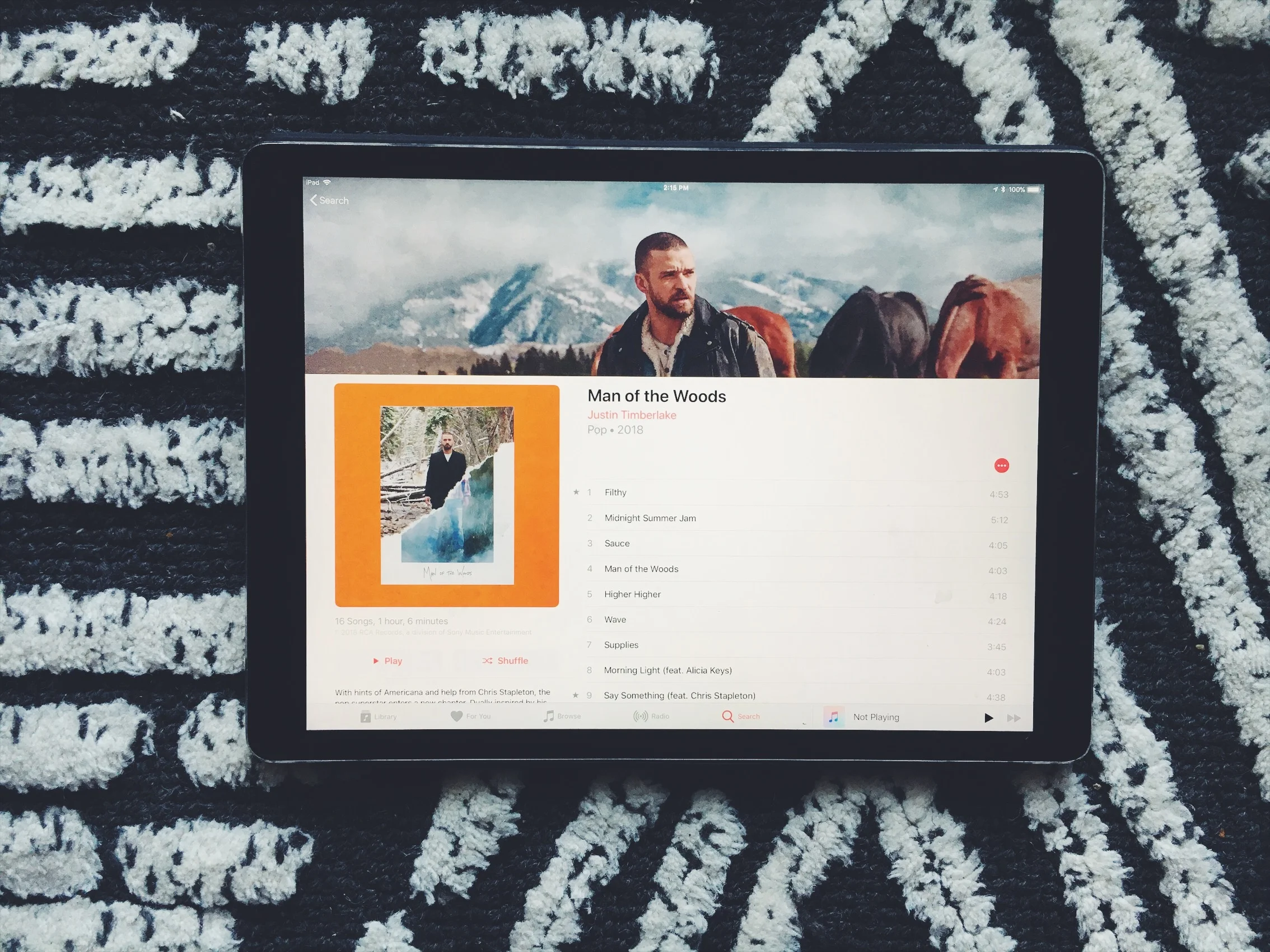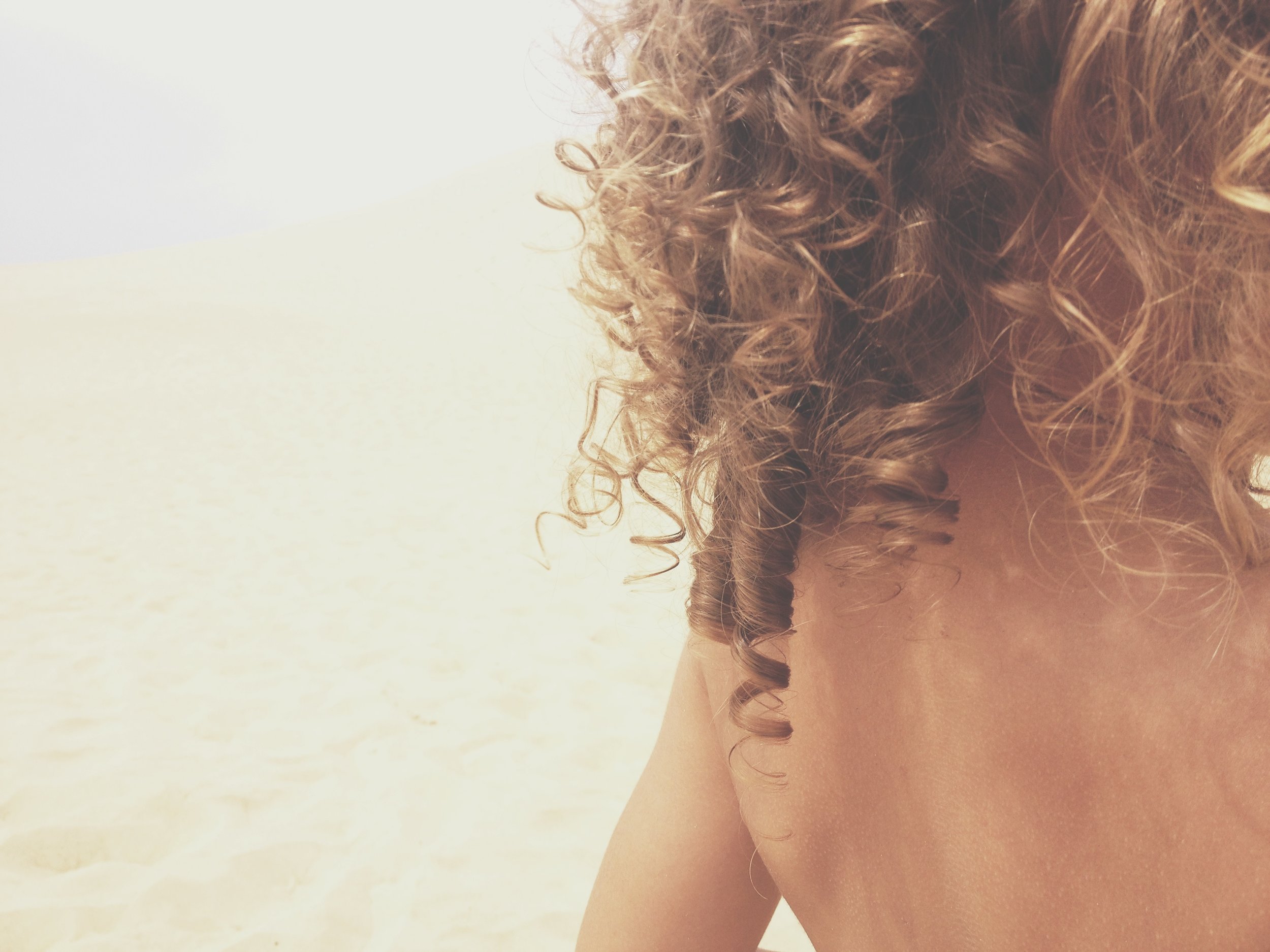I even took a nap: an essay on darkness, suffering and beauty
Monday, March 26, 2018
As soon as I woke up, nearly naked, I immediately closed my eyes in defeat and remembered the night before. I had intentionally tried to draw blood.
I was antagonistic and aggressive and mean. I had meant to initiate sex, thus why I was naked, but I was tired and annoyed for a reason I couldn't explain; so I initiated a fight instead. Somehow that led to this: in response to his question of how I felt about the fact that the chocolate milk in our fridge is the result of the artificial insemination of female cows and then their newborn being torn away from them so that the mother's milk could make it to our fridge, I said: "I feel nothing."
And in that moment, I did feel nothing.
I laid there, in the dark, wondering: am I selfish for not wanting to have sex? This is not like doing the dishes when you don't want to, though sometimes I have treated sex like the dishes. That doesn't require emotion, connection. Some would say sex doesn't either.
Even the way I went about it was all wrong. I had meant to initiate sex. Where is the sexiness in that? It should be spontaneous, but often; silk and visceral and always wanted, always given, right? Should, should, should.
That day was a valley. The nothingness continued. I go through these periodically, where everything feels fuzzy for a few days and then lifts just as mysteriously as it fell on me, heavy and daunting. I ghost about, un-showered, unshaven, blank eyes. Breathing feels like a chore, sunshine like a rope I swallow as I climb up from the sewer, each bite restorative.
I did little more besides exist on that day. I even took a nap. Why? What, exactly, was my excuse? My youngest is 4 years old (read: not a baby, sleeping through the night for the last 3 years) and my two older kids are in school for a good chunk of each day. There is no logical reason as to why I should be tired. I am not running marathons or businesses. My brain tells me all of this, and I know it to be true, but there is somehow a disconnect between my brain and my body, my brain and my soul.
+++
I stirred the pasta methodically in an attempt to focus, to finish just one thing. I told Sophie, who was perched on the counter: "Sometimes I'm not a very good mom, Soph. Some days I don't take showers and I let you watch a lot of tv and I yell."
It felt a little bit like how I imagine confession must feel. It felt good. Maybe it's because my priest was a tiny girl who likes to tell bum jokes.
She told me that she doesn't want another mom (well, maybe one that doesn't yell) and that I still had time to take a quick shower before the day was over.
I still have time. What a gift.
Before a shower, though, I went outside and ran, trying to beat the rain. I needed to sweat. I needed my mind to leave my body for a time.
My hands were so cold, I should've brought gloves. The wind whipped and my hair flew around my face, and into my mouth. I felt wild, I needed to feel wild. I had to feel my blood again. I had to erase the nothing feeling. I ran and I rolled words around in my head, trying to create the perfect sentence. I ran through a field of tall, brown, wheat-like stalks and wondered what I'd do if I came across a snake or a dead body, hidden in the singing grass. It was nearly dark and already grey, I wondered what I'd do if I came across someone alive. Would they try to hurt me? We're not quite in the forest, although it's not far off, and there are houses that sit maybe 100 yards away from this field and this path that I'm running on, but I can't say for sure. I'm not very good at eyeing distances. Regardless, the houses are quiet and still, I can see in but they can't see me. But I don't actually see anyone; they are probably looking at their screens, they can't hear my screams, like Kitty Genovese. And then I can't help but wonder—in intense irritation—why my mind wanders here. Maybe it's the demons leaving my body, passing through my brain.
This is why I run. To empty myself of the darkness, in all its forms. I feel so much better, but not quite whole. Not yet.
Still, I know, in that moment after the run, that I will wake up tomorrow or maybe the day after, and my vision will return and I'll look out of the same 11 or 12 year old eyes that had just gotten glasses and was amazed to see the individual leaves of a tree, the features of my mom's face, her head no longer a single blur. I will feel much lighter but also ridiculous, the nothingness will feel like something I have to laugh off, as if it wasn't real.
I can barely remember it even now. I do feel ridiculous, sure that I am the only one.
And then, this: but…how real was it actually? Considering I had somewhere to sleep that night and lots of pretty rugs in my apartment and the option of organic produce at my local grocery store. Maybe my feeling absurd is not all that misplaced. It is up in the air as to whether my darkness is a myth, a creation of my own making, but crystal clear is the undeniable fact that my privilege—the implications of my birth as a white person—is very real. The fact that I have the luxury to ghost about at all is proof.
I came across this dilemma the other day, but in a different way, from the other end. We recently moved, and so I was caught up in finding art for our walls. I guess it's kind of an odd obsession of mine, but like literally anything else in the entire world, weird or not, there is a space for finding free, printable art on the internet. It is some kind of thrill for me to tailor the images to my kid's personalities and interests and turn it into a gallery wall for their rooms. It's satisfying to turn the watercolor painting of 9 succulents that is on my screen into something tangible, something real that I can put on a clipboard and above my computer so that whenever I glance up, it's there, being pretty. The beauty is so good, and makes me happy. And I was happy, until I read a post from Humans of New York about a woman who was recounting a time when she was 14 and her father held a knife to her throat for 3 minutes because she was trying to stop him from beating her mother. He told her: "I never wanted you."
My printable art felt quite stupid all of the sudden. But then I wondered what the woman who has suffered at the hands of her own father might say about art and beauty and joy. I wonder if she'd say cling to it, as if it's a matter of life and death. I wonder if instead of saying—how dare you take joy in something so trivial, she'd say: you must. I wonder if the yellow of lemon rinds now look more vibrant to her, because of what she's been through, because she has survived.
How do I hold my own darkness, the palpable and terrible suffering of my fellow humans, and beauty all at once? It seems they are all so very real at the same time, so connected and complex, so terribly important.





